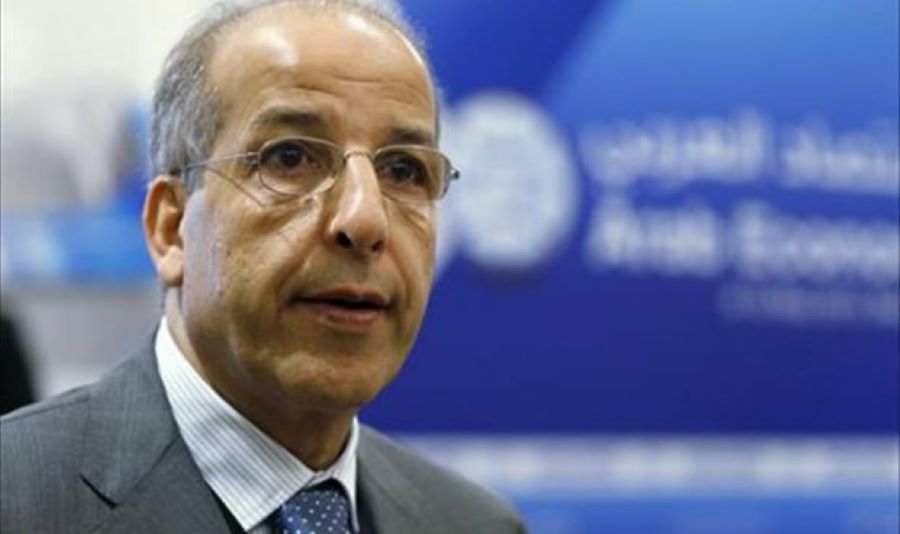Libya’s presidential council has dismissed the powerful governor of the country’s Central Bank in a surprising and abrupt move. Sadiq al-Kabir, who has been governor since October 2011, has been replaced by Mohamed Abdul Salam al-Shukri.
Al-Shukri, an economist and former deputy governor of the Central Bank, has been appointed as the new governor after the Tripoli-based council, which is aligned with Prime Minister Abdul Hamid Dbeibah’s government in western Libya, issued a decree late Sunday announcing the change.
This development comes as Libya continues to grapple with the aftermath of the 2011 NATO-backed uprising that led to the ousting of longtime leader Moammar Gadhafi, plunging the country into chaos. As of now, there has been no immediate comment from the former central bank governor, al-Kabir.
The central bank governor was replaced after the Bank halted its operations due to the kidnapping of a high-ranking official by unknown attackers outside his residence early on Sunday.
The Bank stated that several officials have also been threatened with abduction. “We have put a stop to our operations and will not resume work until Moslem is released,” the Bank announced on Sunday.

The oil-rich nation is divided between a UN-backed government in Tripoli and competing authorities based in the eastern region. The Central Bank manages billions of dollars in oil revenue and foreign reserves annually. In 2014, it divided along the country’s political lines.
While the Bank’s recognised headquarters is in Tripoli, it has a branch in Benghazi that is allied with commander Khalifa Hafter.
Previously, the Eastern-based House of Representatives selected al-Shukri as the Central Bank governor, but this decision was not carried out and the parliament revoked this decision earlier this month.


